
June 19 is marked as World Sickle Cell Awareness Day, granting the opportunity to reflect on the current state of treatment, access, equity, and more that impacts patients living with sickle cell disease.

June 19 is marked as World Sickle Cell Awareness Day, granting the opportunity to reflect on the current state of treatment, access, equity, and more that impacts patients living with sickle cell disease.

Two posters presented at the 2024 American Society of Clinical Oncology annual meeting revealed real-world data on the outcomes and management strategies associated with melanoma during pregnancy.

Michael Thorpy, MD, professor of neurology, Albert Einstein College of Medicine, explored the mechanism of action in orexin agonists, which has been indicated for idiopathic hypersomnia.

At the 2024 American Society of Clinical Oncology annual meeting, an abstract presenting real-world data stressed the need for further research regarding the association between immunosuppressant medication and the development of skin cancer.

A cross-sectional, prospective study found that gray matter atrophy was more prevalent in patients with more severe progressive multiple sclerosis (MS) compared with those with less severe progressive disease.

Melissa Jones, MD, shares insights into recent artificial intelligence (AI) innovations in the realm of sleep studies.

Metformin showed promise for improving the overall survival rate of patients with melanoma; however, this result may be an indirect consequence of the drug.

Initiatives that encourage or mandate collecting LGBTQ+ data could provide a plethora of benefits for clinicians and health care providers, from identifying disparities to creating stronger, more trusting relationships between LGBTQ+ patients and the health care system.

A small cohort demonstrated the potential benefits aerobic exercise regimens hold for managing fatigue symptoms in multiple sclerosis (MS), but more studies are needed.

Amy Shapiro, MD, medical director, Indiana Hemophilia and Thrombosis Center, discusses an ongoing trial and novel development in plasminogen deficiency type 1.

The multinational, open-label, controlled, randomized, crossover, phase 3 TAK-755 (NCT03393975) trial demonstrated superior efficacy and safety of recombinant ADAMTS13 as prophylaxis in patients with congenital thrombotic thrombocytopenic purpura (cTTP) compared with standard therapy.

An analysis that overviewed dermatologic mobile apps with artificial intelligence (AI) features led researchers to voice concerns about the use of this technology in its current state.

A real-world study assessed the impact of cannabis-based medicinal products on health-related quality of life in patients with multiple sclerosis (MS).

Findings from a retrospective study suggested a possible causal relationship between prior infection and the development of hypersomnolence disorders such as narcolepsy and idiopathic hypersomnia, but more research is needed.
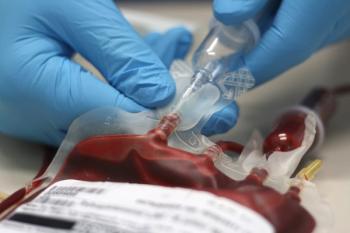
An analysis of 2 phase 3 trials supporting the use of pegcetacoplan (PEG) in the treatment of paroxysmal nocturnal hemoglobinuria (PNH) assessed the benefits of this treatment compared with eculizumab (ECU) and supportive care measures.

Amy Shapiro, MD, medical director, Indiana Hemophilia and Thrombosis Center, discusses the clinical trials that influenced plasminogen's (Ryplazim; Kedrion Biopharma) FDA approval, as well as details valuable information for the treatment of patients with plasminogen deficiency.

Amy Shapiro, MD, medical director, Indiana Hemophilia and Thrombosis Center, continues her discussion on plasminogen deficiency type 1 by highlighting the recent FDA approval of plasminogen (Ryplazim; Kedrion Biopharma), the first treatment specifically indicated for this disorder.

This cross-sectional analysis demonstrates the impact that comorbidities in multiple sclerosis (MS) have on sleep quality in affected patients.

Amy Shapiro, MD, medical director of Indiana Hemophilia and Thrombosis Center, joined AJMC to shed light on a broadly overlooked disorder: plasminogen deficiency type-1.
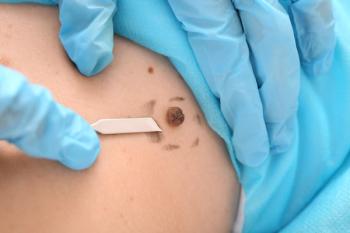
A follow-up study utilizing interviews and survey responses demonstrates that patients prefer rhenium-188 skin cancer therapy (RSCT) over surgery in the treatment of their non-melanoma skin cancer.

A study assessing adolescents' self-reported sleep behavior and social factors unearthed a relationship between individual popularity and their sleep patterns.
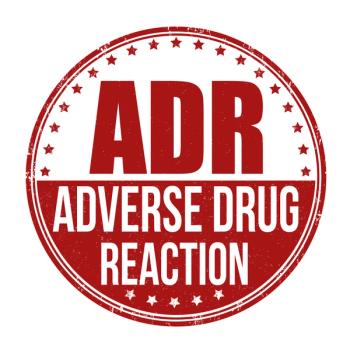
A cross-sectional, mixed-methods study found that adverse effects (AEs) can occur even after 1 year of treatment with immune checkpoint modulator (ICM) therapy in patients with melanoma.

A cross-sectional analysis assessed the birth prevalence of sickle cell disease (SCD) alongside data on social vulnerability to highlight the needs of communities impacted by SCD.

A prospective study found evidence of serum neurofilament light (sNfL) level increases in patients affected by active forms of relapsing-remitting multiple sclerosis (RRMS); however, these findings were not significant enough to suggest sNfL measurements replace clinical or MRI monitoring of disease activity.

A secondary analysis investigating the efficacy of a digital, interactive cognitive behavioral therapy program for insomnia (CBTi) demonstrated the positive impacts of the program for patients with insomnia or a high risk of co-morbid insomnia and sleep apnea (COMISA).
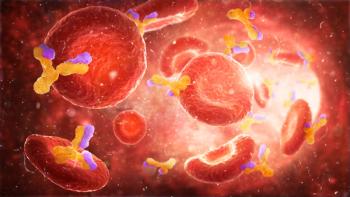
A retrospective analysis suggested that immune cells play a role in the progression of paroxysmal nocturnal hemoglobinuria (PNH).
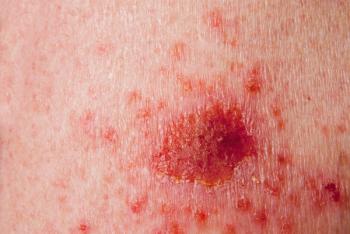
A systematic analysis demonstrated the rarity of super-giant basal cell carcinomas and the need for further characterization of these understudied skin cancers.

A recent meta-analysis that assessed prescribed exercise in managing multiple sclerosis (MS) detailed the benefits of resistance training for improving muscle weakness in this patient population.

A recent meta-analysis drew limited conclusions about the impact of 1-night sleep restriction on cognitive function, stressing the need for further research consideration.

A team of researchers developed 3 quality improvement measures embedded in electronic health records (EHRs) to improve care delivery in patients with heparin-induced thrombocytopenia.

259 Prospect Plains Rd, Bldg H
Cranbury, NJ 08512
© 2025 MJH Life Sciences®
All rights reserved.
